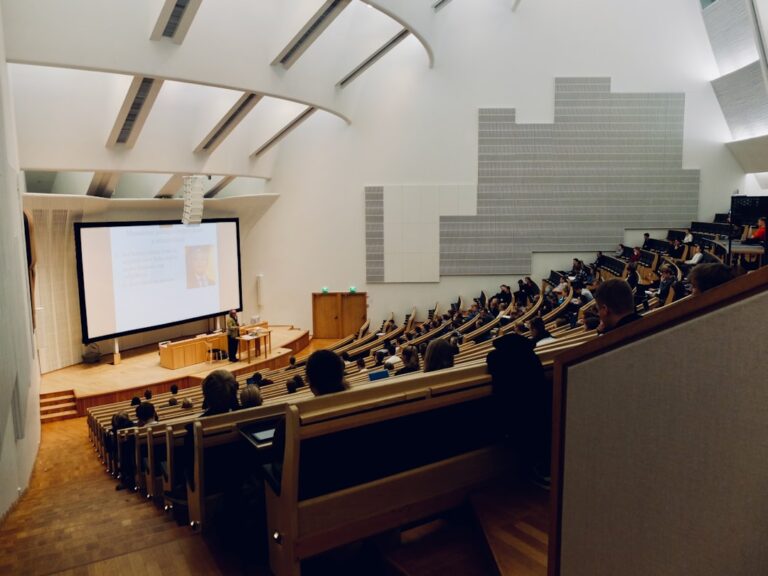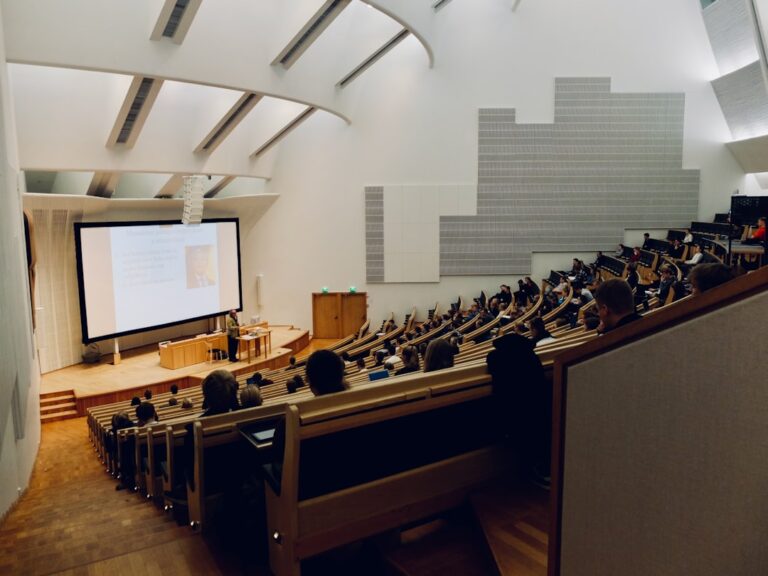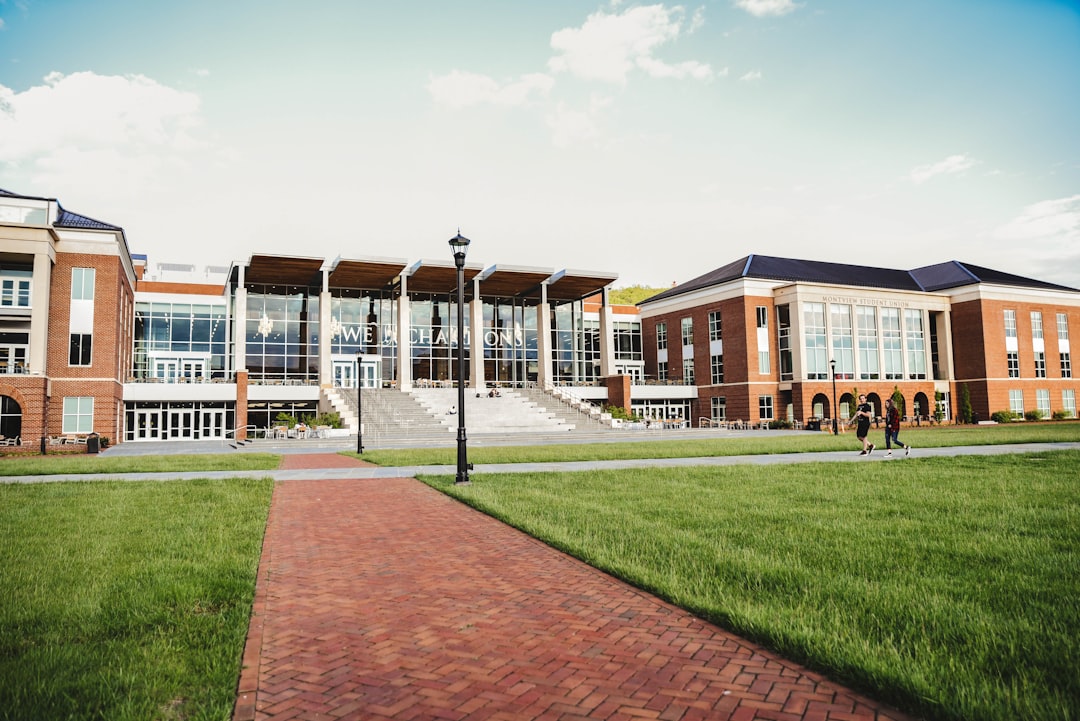Sexual assault is a pressing issue on California college campuses, with high rates of unreported cases due to fear and stigma. A hazing abuse law firm in Los Angeles has been instrumental in advocating for victims' rights and holding fraternities accountable for sexual misconduct. Hazing, often escalating from abuse during initiation rituals, significantly contributes to sexual violence. The legal system, in collaboration with campus authorities, is implementing stricter policies, educational programs, and anti-hazing laws to prevent future assaults. In California, existing laws cover sexual harassment and assault, and universities are adopting stringent policies supported by these legal experts. Case studies from such firms demonstrate successful strategies for holding fraternities liable, deterring perpetrators, and supporting survivors. Long-term solutions involve systemic changes, education on consent and respect, and comprehensive support systems for survivors.
In California, sexual assault on college campuses remains a pressing issue. With fraternities and sororities often at the center of these incidents, holding these organizations accountable is crucial. This article delves into the scope of sexual assault in the state, exploring the link between hazing—a prevalent problem within Greek life—and sexual violence. We examine the current legal landscape targeting fraternities, present case studies on effective accountability strategies, and discuss preventative measures for fostering a safer college environment, highlighting the role of a hazing abuse law firm in Los Angeles, CA.
Understanding the Scope of Sexual Assault on College Campuses in California

Sexual assault is a severe issue on California’s college campuses, with many cases going unreported due to fear and stigma. According to recent studies, one in five women and one in seventeen men experience sexual assault during their time in higher education. This alarming statistic highlights the pervasive nature of the problem, often compounded by the unique pressures and social dynamics of college life, including hazing rituals and fraternity culture.
In Los Angeles, CA, where many prestigious universities are located, a hazing abuse law firm has been instrumental in advocating for victims’ rights and holding perpetrators accountable. With the help of such legal support, students can find justice and safety, prompting institutions to implement stricter policies and education programs aimed at preventing sexual assault and promoting a culture of consent and respect.
The Role of Hazing and Its Connection to Sexual Violence

In many cases, hazing plays a significant role in facilitating sexual violence within fraternities. This culture of initiation rituals, often involving physical and psychological abuse, creates an environment where consent is overlooked and power dynamics are manipulated. Hazing can escalate to extreme acts, leading to sexual assault under the guise of fraternity traditions. Many victims may hesitate to come forward due to fear or pressure from peers, making it essential for these organizations to be held accountable under existing hazing abuse law firm Los Angeles CA.
The connection between hazing and sexual violence is a complex issue that requires attention from both campus authorities and legal entities. By recognizing and addressing these harmful practices, communities can work towards creating safer spaces for students. A proactive approach involving education, clear policies, and strict enforcement of anti-hazing laws can prevent future incidents and ensure fraternity life does not come at the expense of individual safety and well-being.
Current Legal Landscape: Addressing Fraternities and Sororities

In California, the legal landscape regarding sexual assault within fraternities and sororities is evolving. While there’s no specific state law explicitly targeting hazing or sexual misconduct in these organizations, various laws and regulations provide a framework for accountability. A hazing abuse law firm in Los Angeles CA plays a pivotal role in navigating this complex issue. They assist victims in understanding their rights under existing laws that prohibit sexual harassment, assault, and discrimination. These include the California Education Code, which addresses campus safety and sets guidelines for addressing student conduct, including hazing.
Furthermore, many universities in California have implemented policies to combat sexual violence, often with the support of legal experts specializing in hazing abuse law firm Los Angeles CA. These policies may involve stricter penalties for fraternities found guilty of misconduct, increased oversight, and mandatory training for members. Such measures aim to deter future incidents and ensure that victims receive justice.
Strategies for Holding Fraternities Accountable: A Case Study Approach

In the fight against sexual assault on college campuses, holding fraternities accountable is a critical aspect of creating a safer environment for students. A strategic approach using case studies can effectively shed light on successful methods to address this issue. One powerful tool is legal action taken by a hazing abuse law firm in Los Angeles, CA. By examining real-world cases, these firms demonstrate how to navigate the complex web of hazing regulations and sexual assault laws specific to California.
Through case studies, communities can learn from successful prosecution strategies, victim advocacy efforts, and community education programs implemented by such law firms. This approach ensures that fraternities are held liable for their actions, serving as a powerful deterrent for potential perpetrators while offering support and justice to survivors. By leveraging legal expertise and real-life examples, these case studies provide a comprehensive guide to fostering accountability and promoting campus safety.
Preventative Measures and Long-term Solutions: Fostering a Safer Environment

Preventative Measures and Long-term Solutions: Fostering a Safer Environment
In California, where hazing abuse laws are stringent, holding fraternities accountable for sexual assault goes beyond punishment. It’s about implementing preventative measures that foster a safer environment for all students. Many organizations, including legal experts at top Los Angeles hazing abuse law firms, advocate for comprehensive education programs that raise awareness about consent, respect, and the consequences of non-consensual acts. These programs should be integrated into fraternity culture from the outset, teaching members about healthy relationships, boundaries, and how to recognize and prevent potential harm.
Moreover, long-term solutions involve systemic changes within fraternities and universities. This includes stricter enforcement of existing policies, regular training for leadership and members, and creating support systems for survivors. By integrating these measures, California can work towards reducing sexual assault incidents within fraternities and creating a culture where accountability is the norm rather than the exception.






